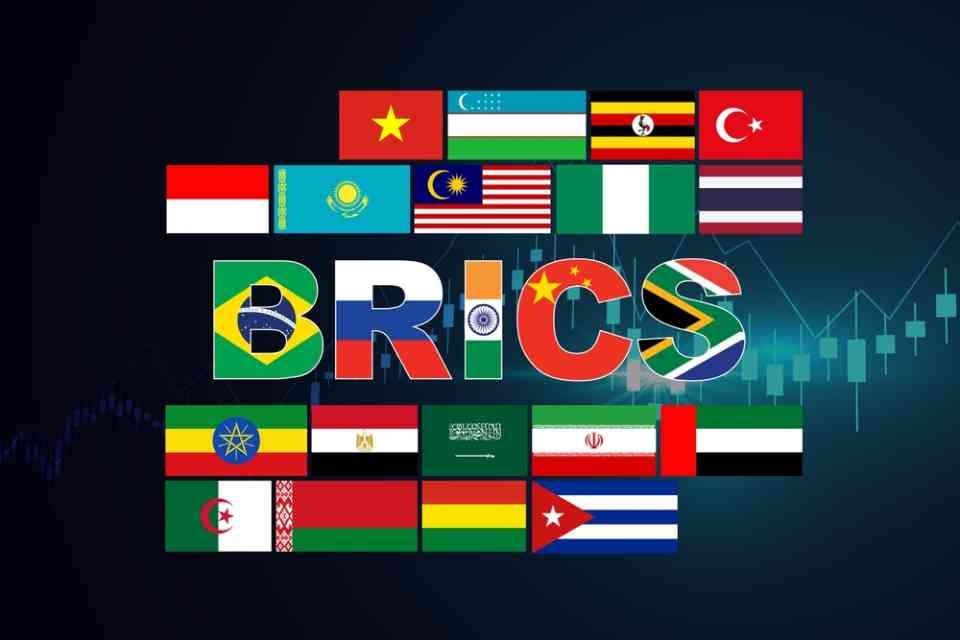With almost 40% of the world's GDP, the BRICS alliance has established itself as a major force in the global economy. Eleven member countries make up the bloc with its recent enlargement, hence strengthening its influence on global trade and financial policies.
- Rise Trajectory and Economic Strength
Reaching 4% growth in 2024 against a global average of 3.3%, BRICS countries' combined GDP has continually surpassed the worldwide average.
With a projected 3.4% GDP growth in 2025, surpassing the worldwide prediction of 2.8%, projections show BRICS continuing its upward trajectory.
With over 40% of the world's population, the block's economic power is only further enhanced by its number.
Strategic Changes in Trade and Investment
The variety among BRICS countries has opened up new trade paths especially advantageous to agricultural exports from Brazil and industrial investments in India.
Geopolitically unstable countries are raising local economic stimulation, thereby spurring infrastructure and manufacturing expansion inside BRICS economies.
Increasing Membership
Originally made up of Brazil, Russia, India, China, and South Africa, BRICS welcomed Egypt, Ethiopia, Iran, and the UAE in 2024.
Joining in January 2025, Indonesia represented a major step forward in the group's growth plan.
The rising economic footprint of BRICS indicates a change in world financial strength as it develops, hence challenging conventional Western-led institutions.
Sources: BRICS Brasil, International Monetary Fund, Wikipedia, BRICS Technology News
